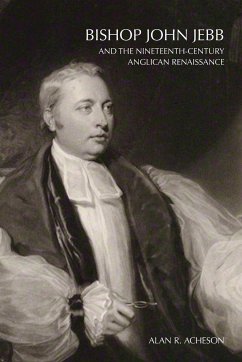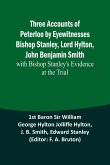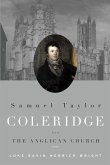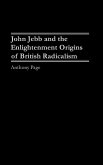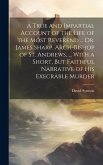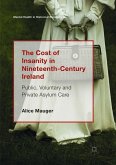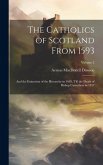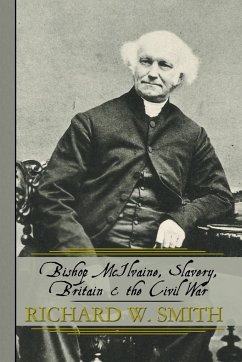'Bishop Jebb's churchmanship combined the very best of the high church and the evangelical, in a catholic view of the sacramental life of the Church, a warmth and directness in preaching, an intellectual rigour, and a concern for the pastoral care of all. He is richly deserving of a modern biography. In this series of essays, Alan Acheson brings to life both the complexity and vitality of a great bishop.' -The Most Revd Dr Richard Clarke, Archbishop of Armagh Bishop John Jebb (1775-1833), Fellow of the Royal Society, was a leader in the pre-Tractarian Anglican Church: as preacher, author, orator, and prolific correspondent. His works on liturgy, scripture, and biography were published in both London and America and influenced the fledgling Episcopal Church of the USA. As a Bishop of the United Church of England and Ireland - he was Bishop of Limerick - Jebb was close to William Howley, Archbishop of Canterbury from 1828. His correspondents included govenment ministers, theologians, English and American bishops, and above all his kindred Irish spirit Alexander Knox. Other close friends were William Wilberforce, Robert Southey, and Madame D'Arblay (Fanny Burney). Jebb engaged with both High Churchmen and Evangelicals: he preached at Clapham and Hackney, and in his last years influenced early leaders of the Catholic revival, notably Hugh James Rose and William Palmer (of Worcester College, Oxford). In 1827, Jebb suffered a stroke that left him without the use of his right hand. His output when an invalid was, however, incessant: he published or edited ten volumes; and though living of medical necessity in England, his ordering of his clergy and parishes, through his vicar-general, was constant and effectual. His devotion to Ireland , too, was unimpaired by absence, and his advice was continually sought by the Chief Secretary for Ireland. This critical and timely study of John Jebb highlights the scholarly influence, sensitive spirituality, and personal charisma of a long-neglected, pivotal leader of the Anglican Renaissance. It shows, too, his relevance to contemporary Anglican ecclesiology and integrity through his perception of the need to hold Catholic and Reformed traditions in a creative and prophetic tension. As such it will be of interest to all those who desire to see the restoration and revival of Anglicanism today. Alan R. Acheson (Ph.D., Queen's University, Belfast) served as a British Army officer 1964-72, later Headmaster of Portora Royal School and The King's School, Sydney. He is the author of A History of the Church of Ireland, 1691-2001, and has also taught church history in Trinity College, Dublin. He was first elected to the General Synod of the Church of Ireland in 1970; and, although living in Canada, has been re-elected triennially 2005-2011. He is a former member of the Anglican Consultative Council.
Hinweis: Dieser Artikel kann nur an eine deutsche Lieferadresse ausgeliefert werden.
Hinweis: Dieser Artikel kann nur an eine deutsche Lieferadresse ausgeliefert werden.

